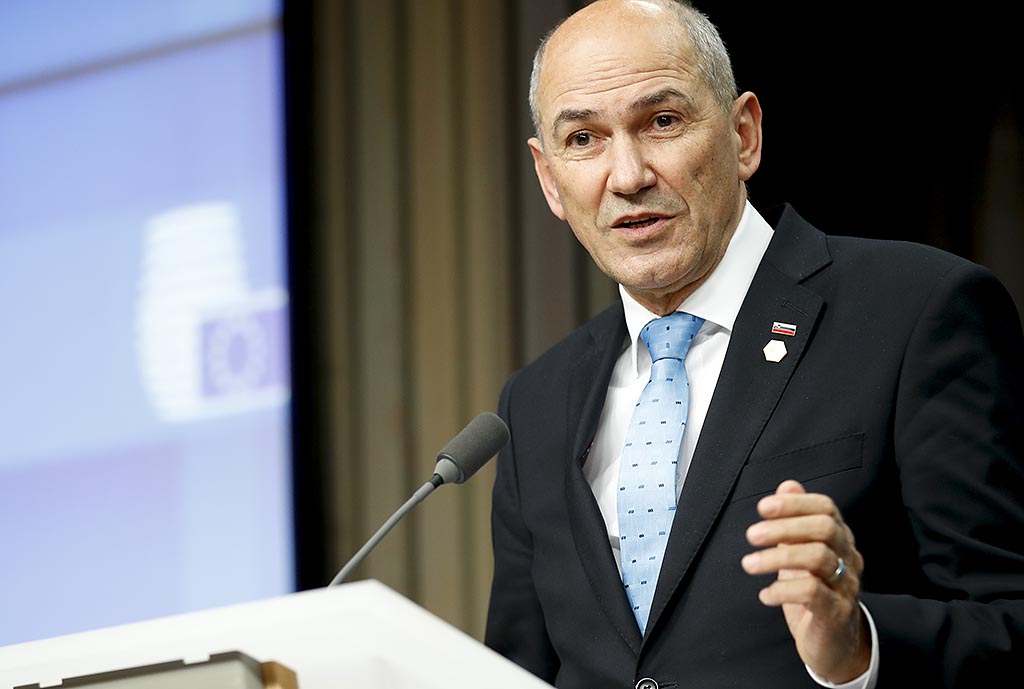According to the latest data from the world media The Economist, Slovenia was second among the 23 randomly selected OECD countries in terms of dealing with the economic crisis resulting from the global pandemic. The only country that did better than us is Denmark, which undoubtedly confirms the success of our government’s measures in tackling the consequences of the pandemic. This time we did everything right. From entering the crisis to getting out of it, which is exactly the opposite of what happened during the global and economic crisis in 2008, when, thanks to the Pahor government, we were among the last countries to exit the crisis.
Following the global recession in 2020, the international weekly for finance and the economy, The Economist, compared 23 OECD countries in the period before and after the pandemic and came up with surprising data. According to the media outlet, the pandemic created winners and losers, and the research regarding selected OECD countries also included Slovenia, which landed among the winners – in the enviable second place.
To assess differences between countries, the researchers compared data from five economic and financial indicators: GDP, household income, securities market, public spending, and public debt. Among European countries, in addition to Slovenia, Denmark, Norway and Sweden performed best, while Austria, Great Britain, Germany, Italy and Spain achieved the worst results.
The government has been dealing with the crisis correctly since its very beginning
According to The Economist, Slovenia’s GDP increased by 1.2 percent during the pandemic, and the income of Slovenian households increased by as much as 10.1 percent, while the stock market grew by 33 percent and investments increased by 6.8 percent. Slovenia’s public debt increased by 7.4 percent, which placed us in an enviable second place among the 23 countries that were included in the research.
Financial expert Tomaž Štih commented on Slovenia’s ranking at the very top as follows: “If we disregard our daily political storms in a teacup, Slovenia’s reaction to the shock was immediate. The Prime Minister initially announced that the country would intervene as much as necessary during the crisis. We immediately introduced a temporary basic income. We worked on the measures in ten different anti-corona legislative packages. Our ‘lockdown’ measures were actually pretty mild. And now we are deregulating and lowering taxes. This time we did everything right. From entering the crisis to getting out of it. And we did not borrow as much as others. Whatever happens this year, what we achieved last year is great.”
Sara Kovač


